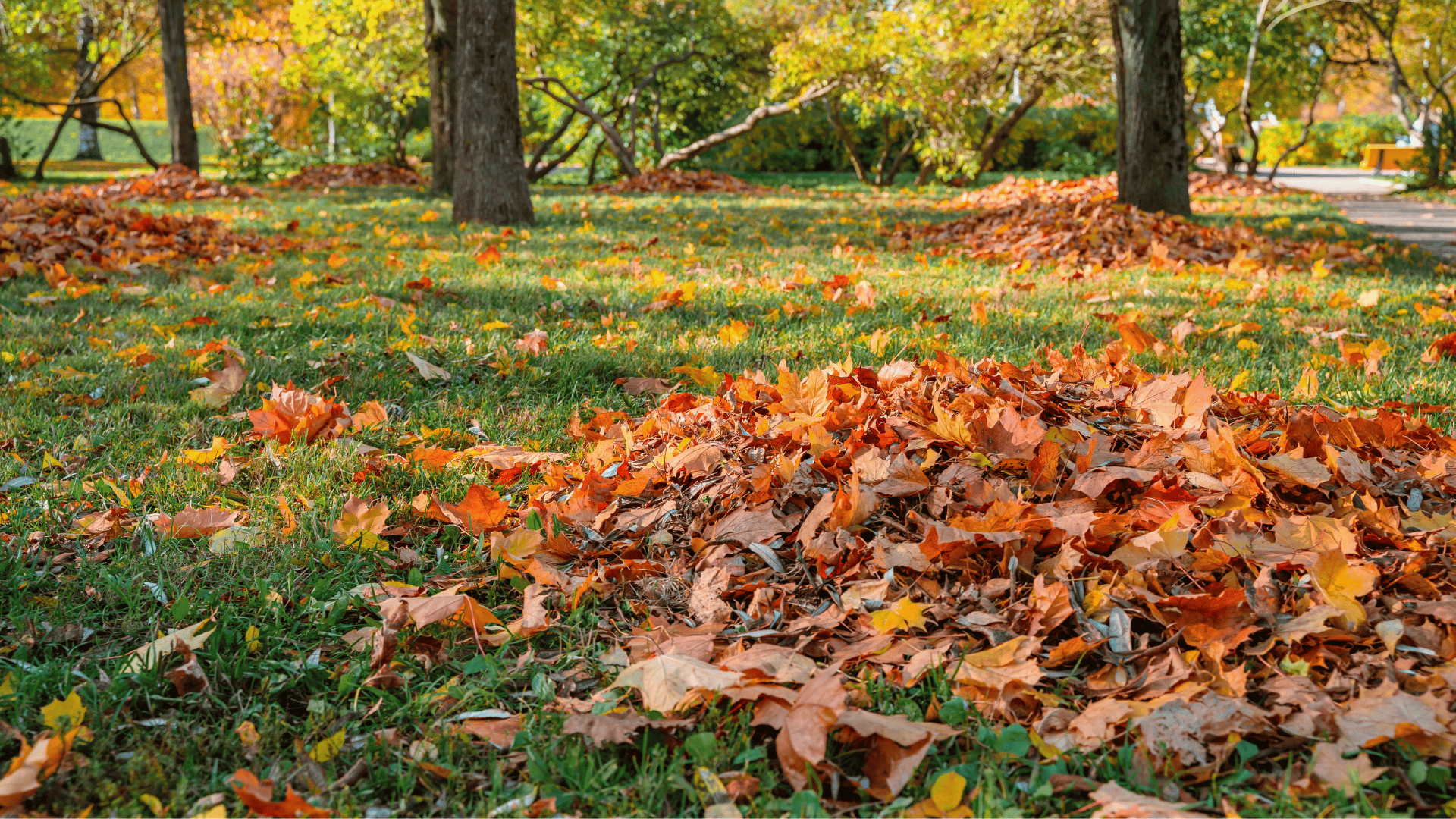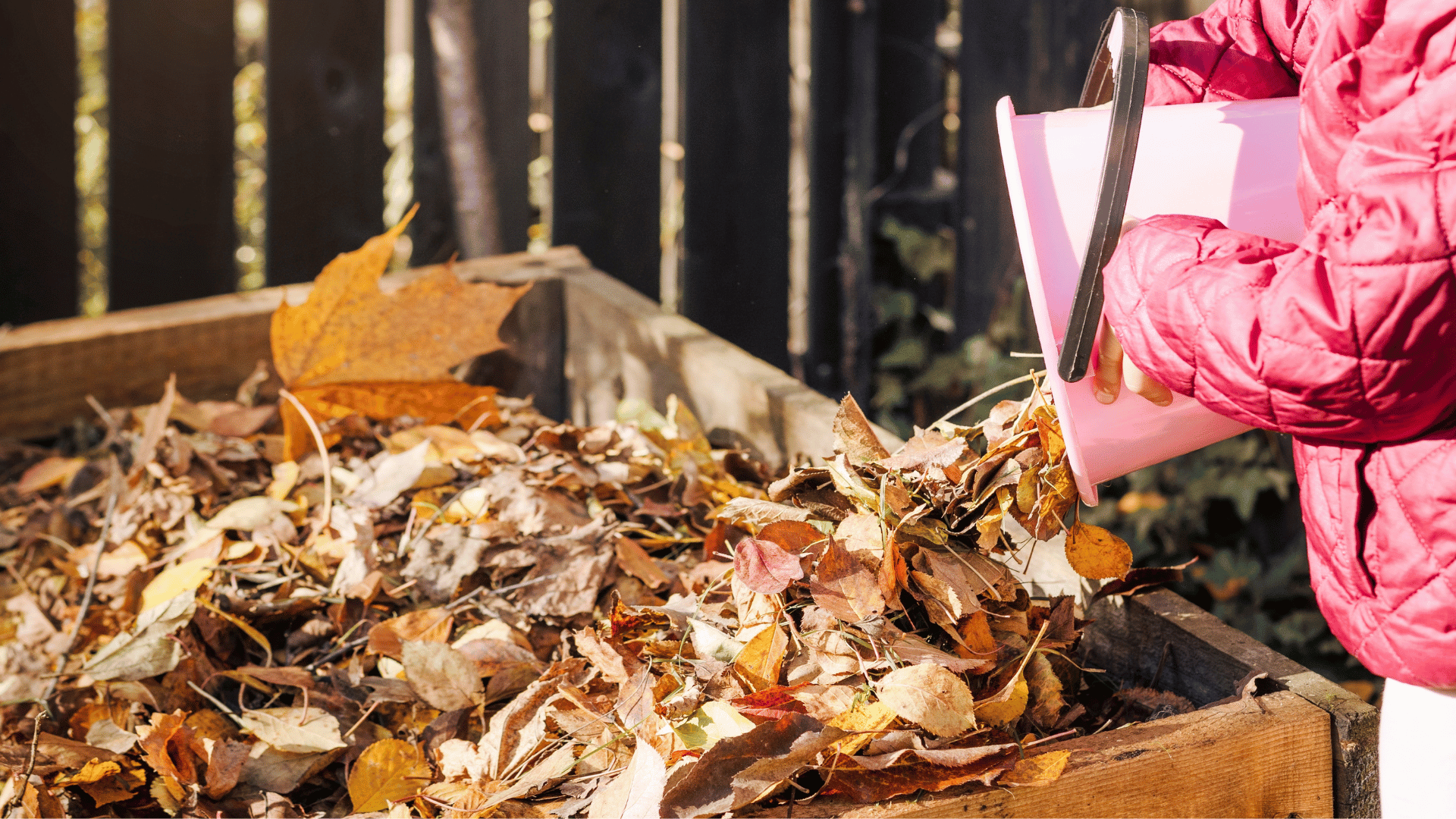As the autumn season comes to a close, fallen leaves will soon cover our yards. This annual natural phenomenon can be a chore for homeowners who want their yards leaf-free. However, ecologists and conservationists urge homeowners to “leave the leaves.” Allowing leaves to stay in the lawn provides essential ecological benefits, enriches the soil, and reduces our environmental footprint.
Benefiting the Environment

Leaving leaf litter is crucial for maintaining wildlife habitats.
According to the Xerces Society for Invertebrate Conservation, insects, including native bees, moths, and butterflies, “spend the winter as eggs, caterpillars, or pupae (chrysalises or cocoons) hidden within the leaf litter.”
This layer serves as an essential shelter, providing the insulation necessary to survive the cold. Additionally, raking and bagging leaves often discards creatures and their homes. As a result, populations of bugs and pollinators decline.
Leaf piles also support larger and more natural food webs. According to the National Wildlife Federation, insects and other small invertebrates often make leaf piles a home. These tiny species become a vital food source for larger wildlife throughout the winter months. For example, birds, amphibians, and small mammals feed on these little critters during months when food is scarce.
Promoting Soil Health and Reducing Waste

You can also save money on fertilizer by simply keeping fallen leaves in your yard. When leaves decompose, they break down into an organic fertilizer rich in essential nutrients. For example, decomposed leaves are rich in nitrogen and phosphorus, two essential elements in fertilizers. This process is called nutrient cycling.
Additionally, leaves can be used as mulch to regulate soil temperature and conserve moisture. This natural use of leaves helps limit weeds and protects plant roots.
Finally, leaving the leaves helps reduce landfill waste and methane emissions. It’s common for people to discard leaves in a plastic garbage bag. When organic material is thrown away in a garbage bag, the organic material decomposes in an environment that lacks oxygen. As a result, it generates methane, a harmful greenhouse gas. Mulching or composting leaves directly reduces landfill waste and limits emissions.
Instead of viewing leaves as a burden, we can see them as an exceptionally valuable resource that supports biodiversity and soil health.







